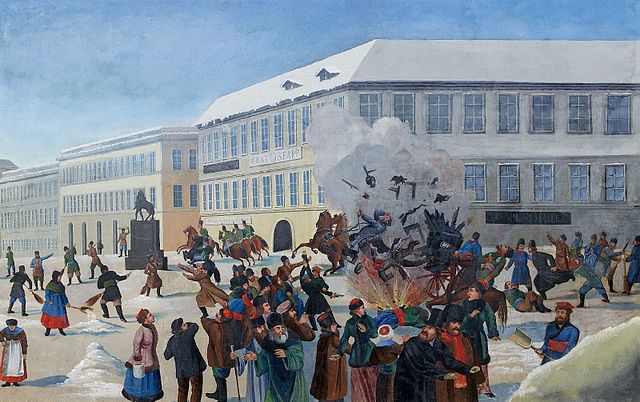

War By Other Means: An Examination of Clausewitz and Modern Terrorism
Clausewitz can help us to think about the historical evolution and present character of terrorism. A handful of scholars, notably M.L.R. Smith and Peter Neumann, have applied Clausewitzian ideas to terrorist campaigns. They show how his foundational idea of the “trinity”—composed of popular passion, military strategy, and political objectives—describes a terrorist cell just as readily as a conventional army or guerrilla outfit. As they describe it, terrorism is one option among many in the complex strategic environment of a decidedly weaker force struggling to “maximize its advantage vis-a-vis an opponent.” Here, Eric Fleury argues that terrorism is not merely one example of modern warfare among many that exhibits the continuing relevance of Clausewitz, but rather occupies a more fundamental role within his theory.

